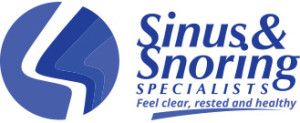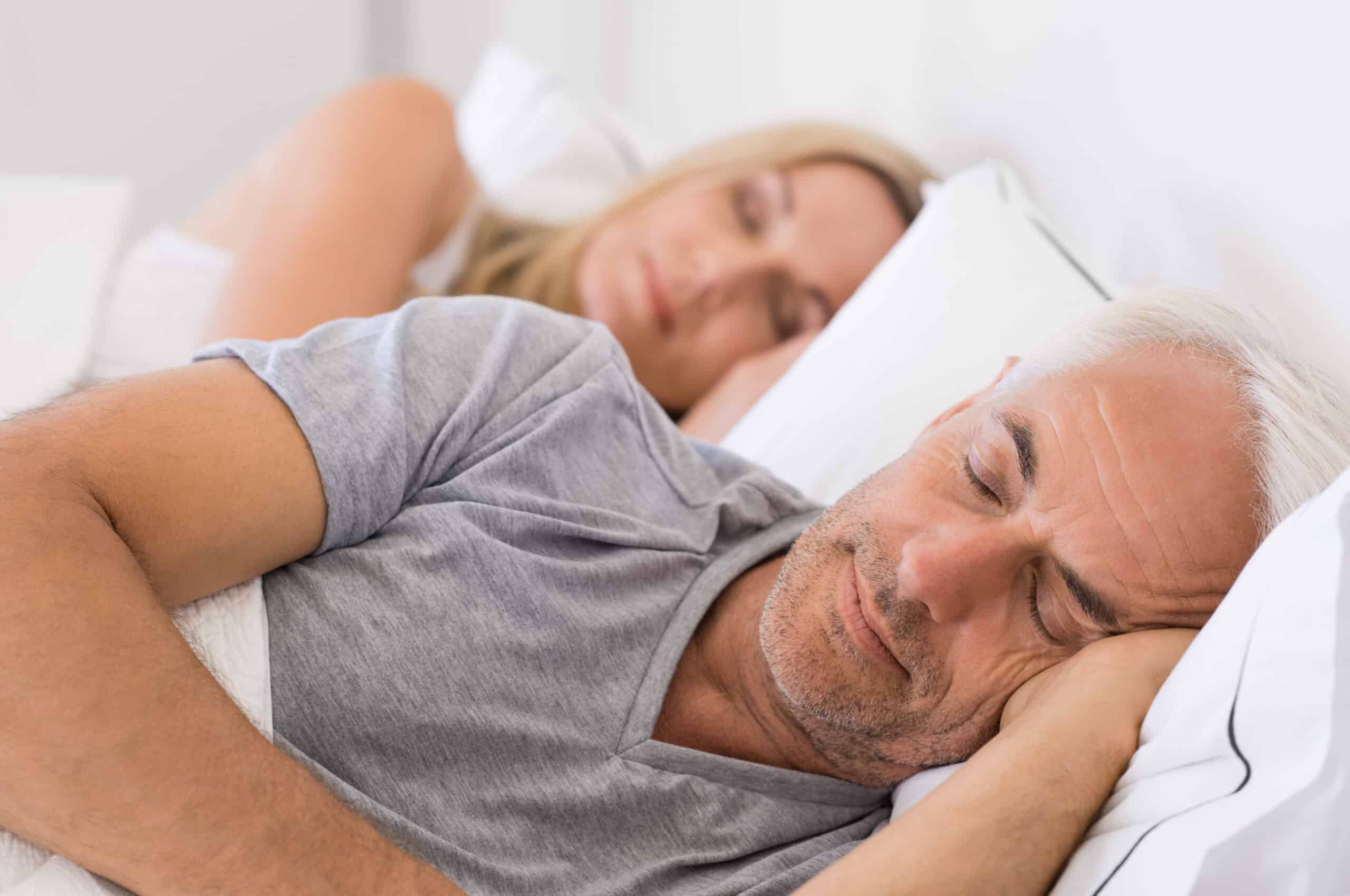Upper Airway Resistance Syndrome (UARS)
What is Upper Airway Resistance Syndrome (UARS)?
UARS is a condition where the patient has significant snoring which actually disrupts the patient’s sleep quality. It tends to cause arousals from deep sleep to a lighter level of sleep. The patient lacks restorative sleep and feels tired during the day.
sleep apnea vs UARS
UARS and sleep apnea both have snoring, resistance to airflow, reduction in airflow, and significant arousals from deep sleep to light sleep. Both leave the patient feeling tired and with frequent bed partner complaints. The difference is defined by the length of the reduction of airflow. If the episodes of reduction are for greater than 10 seconds it is classified as apnea. It is obviously somewhat arbitrary and it is important to understand that patients with both disorders may appear the same to a bed partner and both will have excessive daytime sleepiness.
It is felt that sleep apnea has a greater medical risk than UARS including a greater risk for cardiac disease, hypertension, diabetes, among other health issues.
causes of UARS
The main causes are:
- Nasal & sinus blockage
- Long floppy soft palate
- Large tongue
- Weight gain
- Large tonsils
Sleep hygiene factors also contribute such as drinking alcohol before bed and sleeping on your back.
Signs you may be suffering from UARS
Snoring and excessive daytime sleepiness are the main symptoms. The bed partner may also witness partial cessation of breathing. Dr. Slaughter personally does a thorough evaluation in the office including a physical exam, nasal endoscopy, CT sinus, as well as an HST (home sleep study) to diagnose this condition.
UARS treatments
Nasal and sinus procedures which can now be performed as simple office procedures under IV sedation can help tremendously. Our in-office treatments include the following:
- Balloon Sinuplasty
- Septoplasty
- Turbinate reduction
- Polypectomy
- Uvulapalatoplasty / Injection Snoreplasty
At Sinus and Snoring Specialists, we have a state of the art office procedure room where we can correct these issues with the comfort of IV sedation. Typically a 15-minute office procedure is all that is needed to correct the issue causing your snoring and UARS. There is minimal recovery and patients usually can work the next day.
These procedures work to address the obstruction in the nasal airway and the throat. The general principle is that nasal and sinus blockage will cause rapid and turbulent airflow as the airflow goes through the nasal airway. This is called the Bernoulli principle.
Anytime flow is forced through a narrow area there will be faster and more turbulent flow just like putting your thumb over a garden hose causes the water to exit fast and turbulent. This rapid and turbulent flow goes from the back of the nose into the throat and beats the soft palate and uvula like a sail in the wind causing snoring. It will also produce a negative pressure in the back of the throat that will pull the tongue back into the airway causing an obstruction. Nasal blockage also tends to cause an open mouth posture that allows the jaw to fall backward and enhances the possibility of the tongue occluding the airway.
Balloon sinuplasty, septoplasty, turbinate reduction, nasal polyp removal all enhance the daytime breathing for the patient but they will also significantly reduce the amount of rapid and turbulent airflow and therefore reduce both snoring, UARS, and obstructive sleep apnea.
The UPPP further assists by making the soft palate higher and stiffer further opening the airway and reducing snoring and apnea.
Oral appliances can also be very effective for the tongue base. Weight loss and sleep hygiene are also important.
Dangers of untreated UARS
There are medical risks such as hypertension, cardiac disease, diabetes, weight gain, and others but they are less with UARS than sleep apnea. The main issue is excessive daytime sleepiness, poor daytime performance, relationship issues, and increased risk of depression and anxiety.
Schedule a Consultation
For more information about Upper Airway Resistance System (UARS) treatments, call 512.601.0303 to schedule a consultation. Our practice serves Austin and surrounding areas in Texas.


